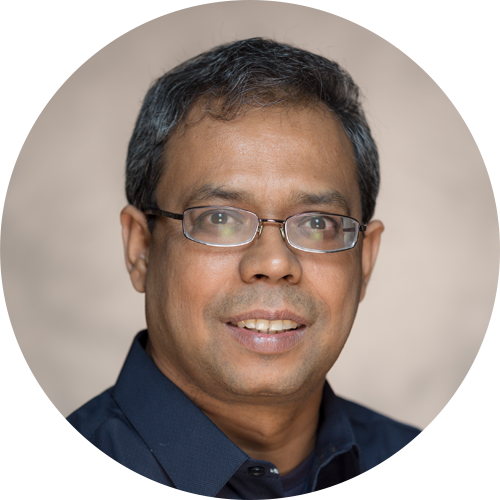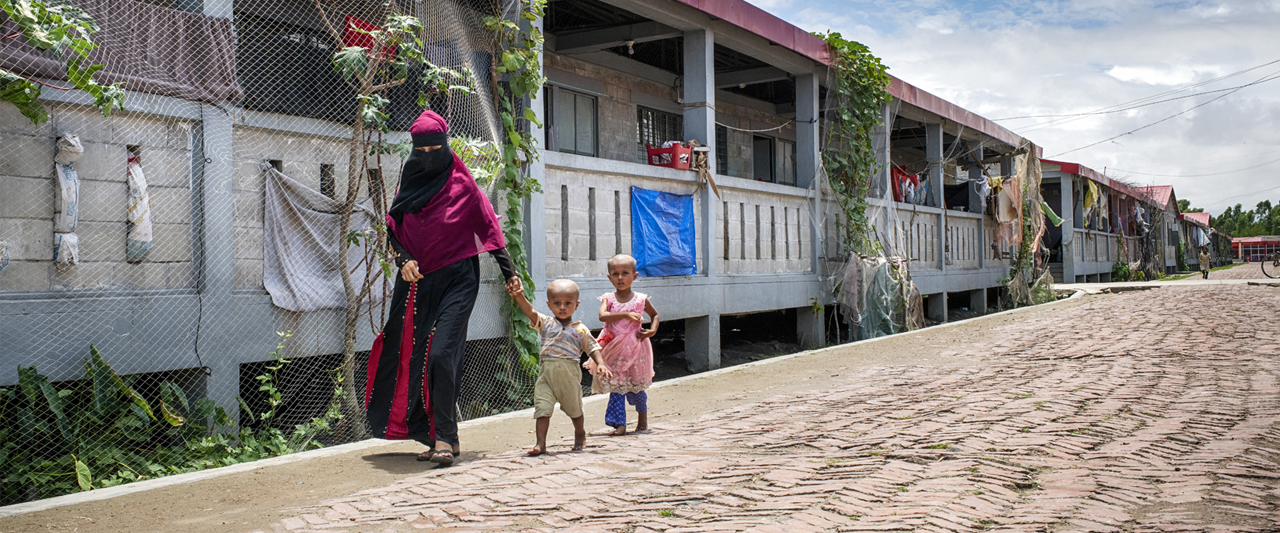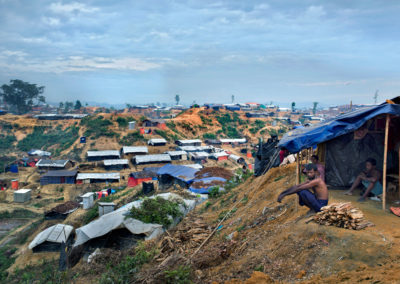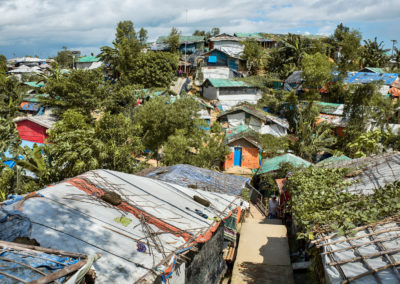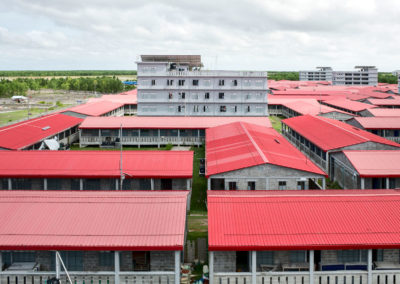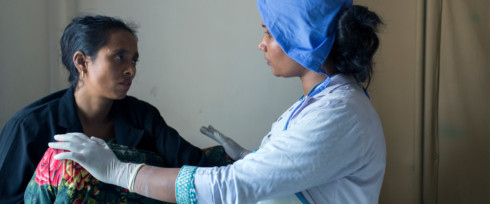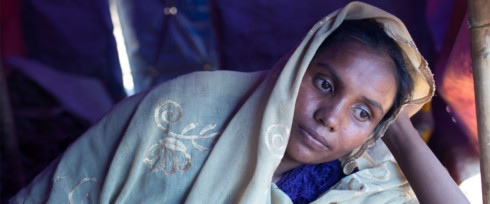‘When refugees have control over their reproductive health, it has a powerful impact on their quality of life.’
This August marks five years since more than 700,000 Rohingya refugees fled persecution in Myanmar and arrived in refugee camps across the border in Bangladesh. Much has changed for the people who now call these camps home, but the need for sexual and reproductive health services—including abortion care—has remained constant.
In 2017, when this crisis was unfolding, refugees arrived in camps with acute sexual and reproductive health needs. Many had survived sexual violence. Ipas Bangladesh and partners moved quickly to train providers and support health facilities in the camps so they could offer needed contraception and abortion care (called “menstrual regulation” in Bangladesh).
Five years later, Ipas supports comprehensive family planning, abortion and postabortion care in these camps—by training providers, supporting health facilities, and coordinating with local and national organizations, camp officials and influential stakeholders (including religious leaders).
“Much has changed since we began this work, but Ipas’s commitment to ensuring reproductive health care for refugees in these camps has not wavered,” says Sayed Rubayet, director of Ipas Bangladesh. “Through flooding, landslides and a devastating pandemic, we have proven that family planning and abortion care in humanitarian settings is not only possible, but can be high-quality, survivor-centered care.”
Much has changed since the Rohingya refugee crisis began five years ago. Since then, Ipas Bangladesh has supported reproductive health services in refugee camps in Cox’s Bazar—and more recently on Bhasan Char island as well.
*Ipas gratefully acknowledges the support of Canada’s Department of Foreign Affairs, Trade and Development in the production of these photographs.
Looking to the future: Comprehensive family planning care
Refugees in these camps are settling into a more permanent new life—and need ongoing family planning services so they can make their own decisions about their reproductive health.
In partnership with UNFPA, Ipas is now supporting comprehensive sexual and reproductive health services at 49 health facilities serving refugees (almost all in Cox’s Bazar District) and continues to train service providers such as midwives, nurses and doctors. Training has expanded to include content on rights-based care and confronting stigma. And to prevent provider burnout in the camps, Ipas is making sure these trained providers have ongoing support from mentors. When Bangladesh’s government began relocating refugees to a new camp on the remote and cyclone-prone island of Bhasan Char, Ipas secured additional funding to ensure contraception, abortion and postabortion care are available there as well.
Conditions in the camps have become less safe over time. With limited law enforcement and few options for refugees to earn income, gangs, sex work and drug trafficking have been on the rise. Consequently, women and girls face higher risks of gender-based violence and contraceptive disruption than ever before.
That’s why Ipas is working to educate people on sexual and reproductive health and reduce the stigma around family planning and abortion. By engaging women, men, youth and camp leaders, Ipas and local partners aim to ensure everyone knows how to access contraception and abortion when needed.
The need is still overwhelming—but we are not deterred. When refugees have control over their reproductive health, it has a powerful impact on their quality of life.”
DR. SAYED RUBAYET, Ipas Bangladesh Director
